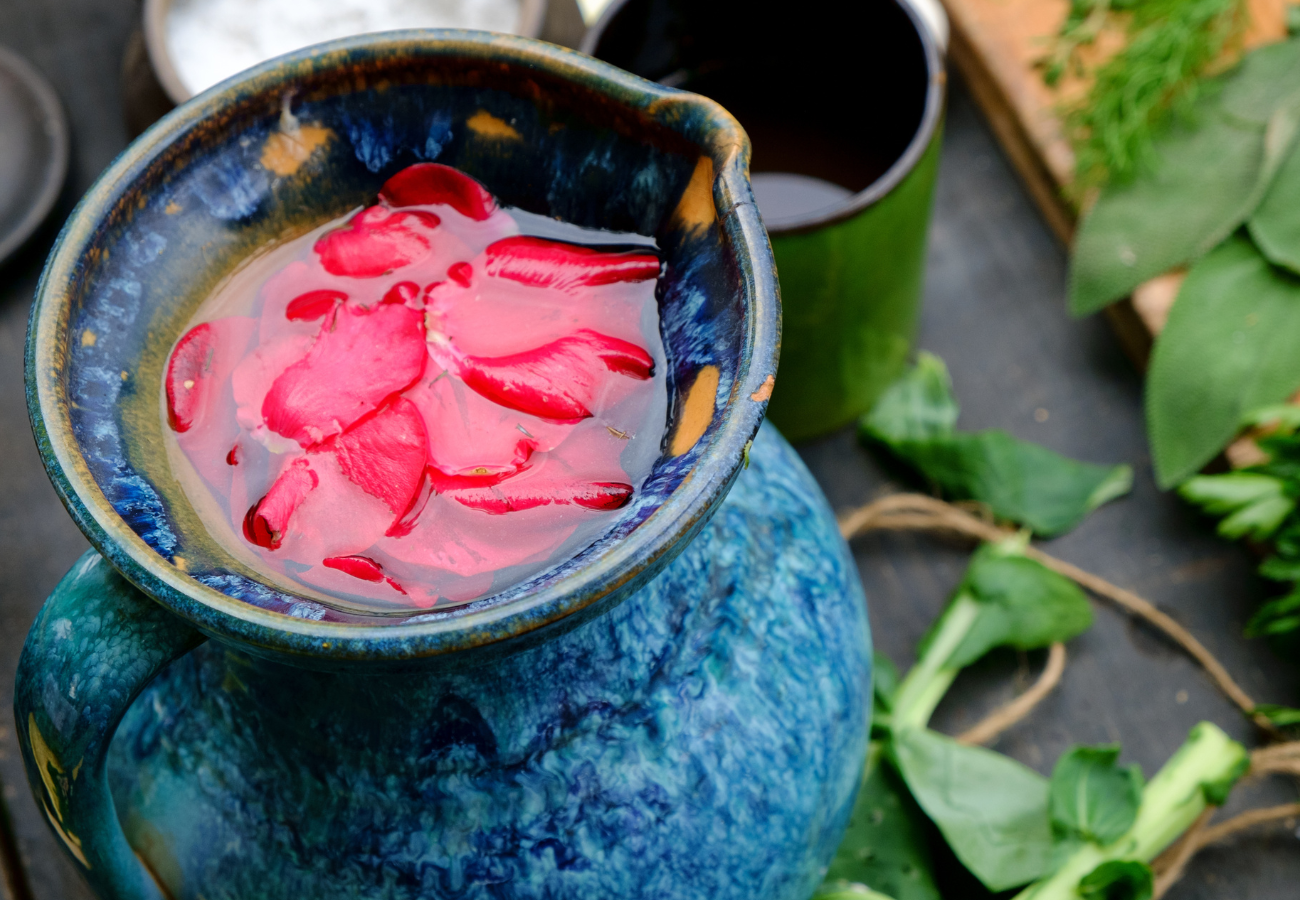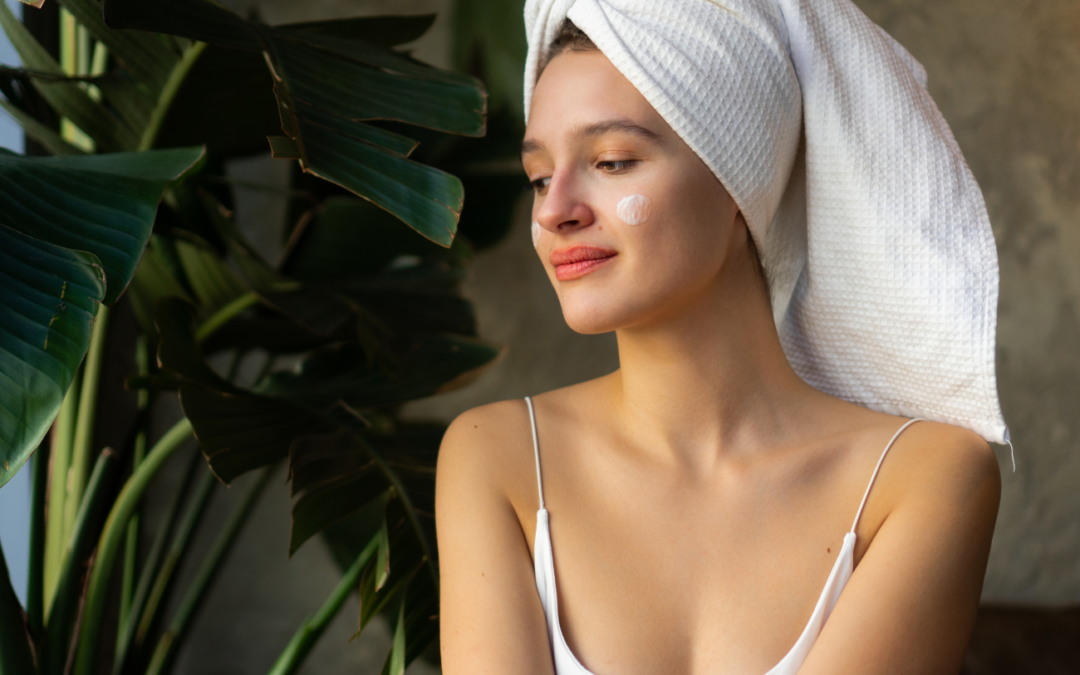By Kat Eftink
Phenoxyethanol, formaldehyde, titanium dioxide, and FD&C dyes are chemicals that are often found in our skin care products. These chemicals are used for the appearance and longevity of the product, but are not essential for the purpose of the product.
In fact, they are counterintuitive to the purpose of skin care. They can cause irritation, allergic reactions, and even some cancers. Luckily, there are alternatives to chemical skin care products, and you might be able to find them in your home. So, here are 6 natural alternatives that will leave you with a healthier glow:
Cleanser
- Apple cider vinegar (ACV) is naturally acidic, similar to the skin’s natural pH. This similarity restores balance in the skin’s microbiome. The acidic nature of ACV aids in killing bacteria on the skin. It also tightens pores and can remove dead skin cells which promotes a smoother complexion.
- Mix one part of olive oil with one part of grapeseed oil to make an alternative facial cleanser. An oil cleanser is gentle and effective for those who have dry or sensitive skin. Both olive and grapeseed oil are rich in antioxidants and fatty acids that help nourish the skin.
Toner
- Just like ACV, rosewater is naturally acidic, so it helps with pH balance of the skin. It’s refreshing and soothes inflammation. To make fresh rosewater, gather petals, boil in distilled water, steep for 2 hours, strain, and store in the refrigerator.
- While aloe vera is known for its sunburn-healing qualities, it’s also great for your everyday skin care routine. Aloe vera gel is rich in water-soluble compounds that help hydrate your skin. It’s soothing, pH-balancing, and helps protect your skin from environmental damage and premature aging.
Moisturizer
- Cocoa butter, derived from the cocoa bean, is rich in fatty acids which lock in moisture. Since cocoa butter is thick, it forms a protective layer on the skin, helping shield it from environmental damage and irritants. It softens fine lines and is highly nourishing.
- Like cocoa butter, coconut oil is loaded with fatty acids, providing that same deep level of hydration. Lauric acid is the specific fatty acid in coconut oil that locks in moisture, but it also has antimicrobial properties that combat acne-causing bacteria.

Greening your skincare is a simple yet powerful way to improve your skin’s health and appearance. By incorporating these natural alternatives into your daily routine, you can reduce your exposure to harmful chemicals and promote a more radiant complexion.
To start your journey towards greener skincare, try experimenting with one or two of these natural ingredients. Remember, everyone’s skin is unique, so it may take some trial and error to find the perfect combination for your needs.
Follow us on Instagram for more natural skincare tips and inspiration!


